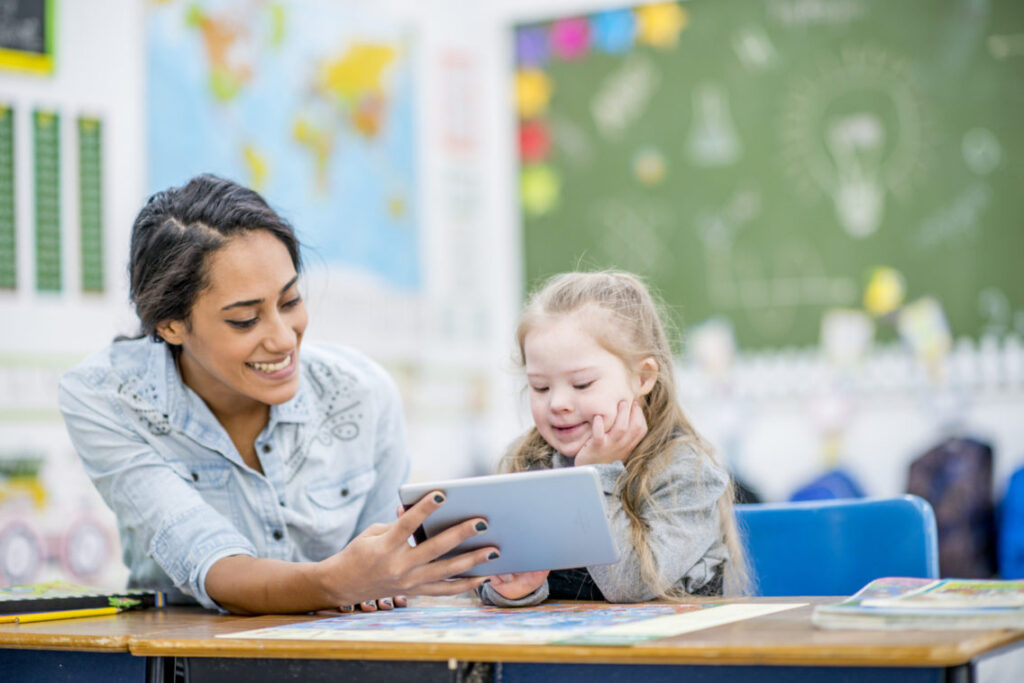
Understanding the Role of a Special Education Coach
A Special Education Coach plays a crucial role in supporting students with diverse learning needs within educational settings. Unlike traditional teaching roles, which often focus on delivering curriculum to large groups, special education coaching involves personalised strategies tailored to individual students. This includes assessing learning disabilities, behavioural challenges, and developmental delays to create effective learning plans. Special Education Coaches work closely with teachers, parents, and therapists to ensure that each student’s educational journey is supportive and inclusive. Their aim is not only academic success but also to foster independence and confidence in their students, regardless of their challenges.
Qualifications and Skills of a Special Education Coach
Becoming a Special Education Coach requires a blend of academic qualifications and specialised skills. Typically, coaches hold degrees in special education, psychology, or related fields, coupled with certifications in coaching or teaching. Essential skills include empathy, patience, and adaptability, as each student requires a unique approach. Coaches must be adept at creating and implementing Individualised Education Plans (IEPs), which outline specific goals and accommodations tailored to each student’s needs. Continuous professional development is essential to stay updated on the latest research, teaching techniques, and assistive technologies that can benefit their students.
Responsibilities and Duties of a Special Education Coach
One of the primary responsibilities of a Special Education Coach is to develop and implement Individualised Education Plans (IEPs) for students with learning differences. These plans outline specific learning goals, accommodations, and support services needed to help students succeed academically and socially. Coaches collaborate closely with classroom teachers, parents, and other professionals to ensure that the IEP is effectively implemented and adjusted as needed. Beyond academic support, Special Education Coaches also focus on fostering independence, self-advocacy, and life skills in their students. They may utilise various teaching strategies such as differentiated instruction, multi-sensory learning approaches, and behavioural interventions to meet the diverse needs of their students.
Techniques and Strategies Used by Special Education Coaches
Special Education Coaches employ a range of techniques and strategies to support students with learning differences. Differentiated instruction, for example, involves tailoring teaching methods and materials to accommodate diverse learning styles and abilities. Coaches may also integrate assistive technologies such as text-to-speech software, adaptive keyboards, or visual aids to facilitate learning. Behaviour management strategies play a crucial role in creating a positive and supportive learning environment, addressing challenges such as impulsivity, anxiety, or disruptive behaviours. By using these approaches flexibly and creatively, coaches can effectively engage students and enhance their learning outcomes.
Challenges Faced by Special Education Coaches
Navigating the challenges of special education coaching requires resilience, creativity, and a deep understanding of each student’s unique needs. One of the primary challenges is addressing the wide range of learning disabilities and behavioural issues that students may present. Coaches must continually assess and adapt their strategies to accommodate these challenges while fostering a positive learning experience. Communication barriers between students, parents, teachers, and therapists can also pose challenges, requiring strong interpersonal skills and collaboration. Emotional and behavioural issues, such as frustration or low self-esteem, can impact a student’s academic progress, requiring sensitive and supportive intervention from the coach.
Benefits of Having a Special Education Coach
The presence of a Special Education Coach can significantly benefit students with learning differences in various ways. Academic performance often improves as coaches tailor teaching methods to match individual learning styles and abilities. Beyond academics, students develop essential social skills, emotional resilience, and self-confidence under the guidance of a supportive coach. Special Education Coaches empower students to advocate for themselves, navigate challenges independently, and succeed in both academic and personal endeavours. By promoting inclusion and accessibility within educational settings, coaches contribute to a more equitable learning environment for all students.
Career Development and Opportunities for Special Education Coaches
Special Education Coaching offers diverse career paths and opportunities for professional growth. Coaches may advance into leadership roles within educational institutions, become specialists in specific learning disabilities, or transition into roles in educational policy and advocacy. Professional associations and networking opportunities provide avenues for ongoing learning, collaboration with peers, and staying updated on best practices in the field. Continuing education and training resources, such as workshops, conferences, and online courses, support coaches in enhancing their skills and knowledge base throughout their careers.



